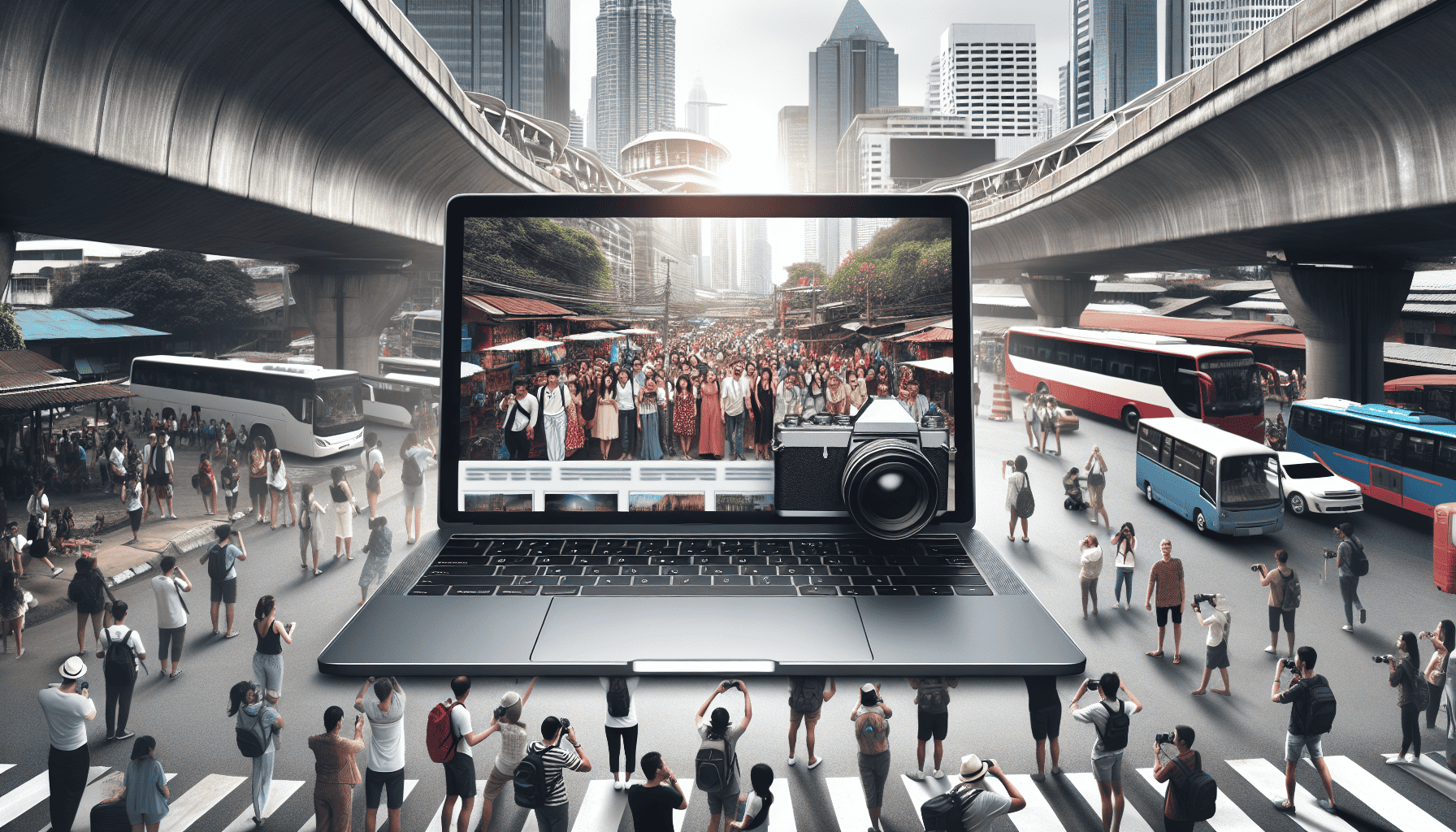In recent years, digital media has emerged as a transformative force in the tourism industry, redefining how travelers discover, explore, and experience destinations around the globe. The integration of digital platforms and storytelling in tourism has not only enhanced the appeal of many destinations but also reshaped the traditional travel narrative, offering a more immersive and personalized experience for modern travelers.
One of the most significant impacts of digital media in tourism is its influence on destination marketing. Social media platforms like Instagram, Facebook, and TikTok have become powerful tools for showcasing the beauty, culture, and attractions of various locations. These platforms allow destinations to reach a wider audience by implementing strategic storytelling and visually compelling content that resonates with potential travelers. Influencers and travel bloggers, who often document their journeys through these mediums, play a crucial role in amplifying the allure of places, enticing followers to embark on similar adventures.
Beyond just marketing, digital media fosters a deeper engagement with destinations through interactive content. Virtual tours, 360-degree videos, and augmented reality experiences allow potential tourists to explore locations before they even set foot there. This not only helps in decision-making but also enriches the planning phase of travel. By having a preview of what to expect, tourists can tailor their itineraries to better suit their interests, ensuring a more satisfying and fulfilling experience.
Moreover, digital media enhances the overall visitor experience by offering real-time information and resources. Mobile apps and social media channels provide up-to-date insights about weather conditions, local events, hidden gems, and travel advisories, allowing tourists to optimize their plans on the go. Furthermore, online platforms facilitate communication between travelers and locals, bridging cultural gaps and fostering a deeper understanding of the host community.
Strategic storytelling has also become an integral part of digital media's role in tourism. Rather than just listing attractions or historical facts, destinations are now using narrative techniques to craft compelling stories that resonate emotionally with travelers. These narratives often highlight the unique history, people, and experiences of a place, inviting tourists not just to witness but to become part of the ongoing story. This approach not only enhances visitor engagement but also drives the desire for authentic and meaningful travel experiences.
Importantly, digital media plays a role in promoting sustainable tourism. By raising awareness about ecological issues and encouraging respectful and responsible traveling practices, digital platforms can drive tourists towards more sustainable travel choices. Stories and campaigns centered on conservation, local culture preservation, and community involvement encourage tourists to think about their environmental and social impact, prompting a shift towards more conscientious tourism practices.
In conclusion, digital media's role in modern tourism is pivotal, reshaping the industry by crafting and sharing compelling stories that inspire travel while simultaneously enhancing the visitor experience. As technology continues to evolve, the tourism sector will undoubtedly find even more innovative ways to leverage digital media, ensuring that the travel landscape remains dynamic, inclusive, and sustainable for years to come.
